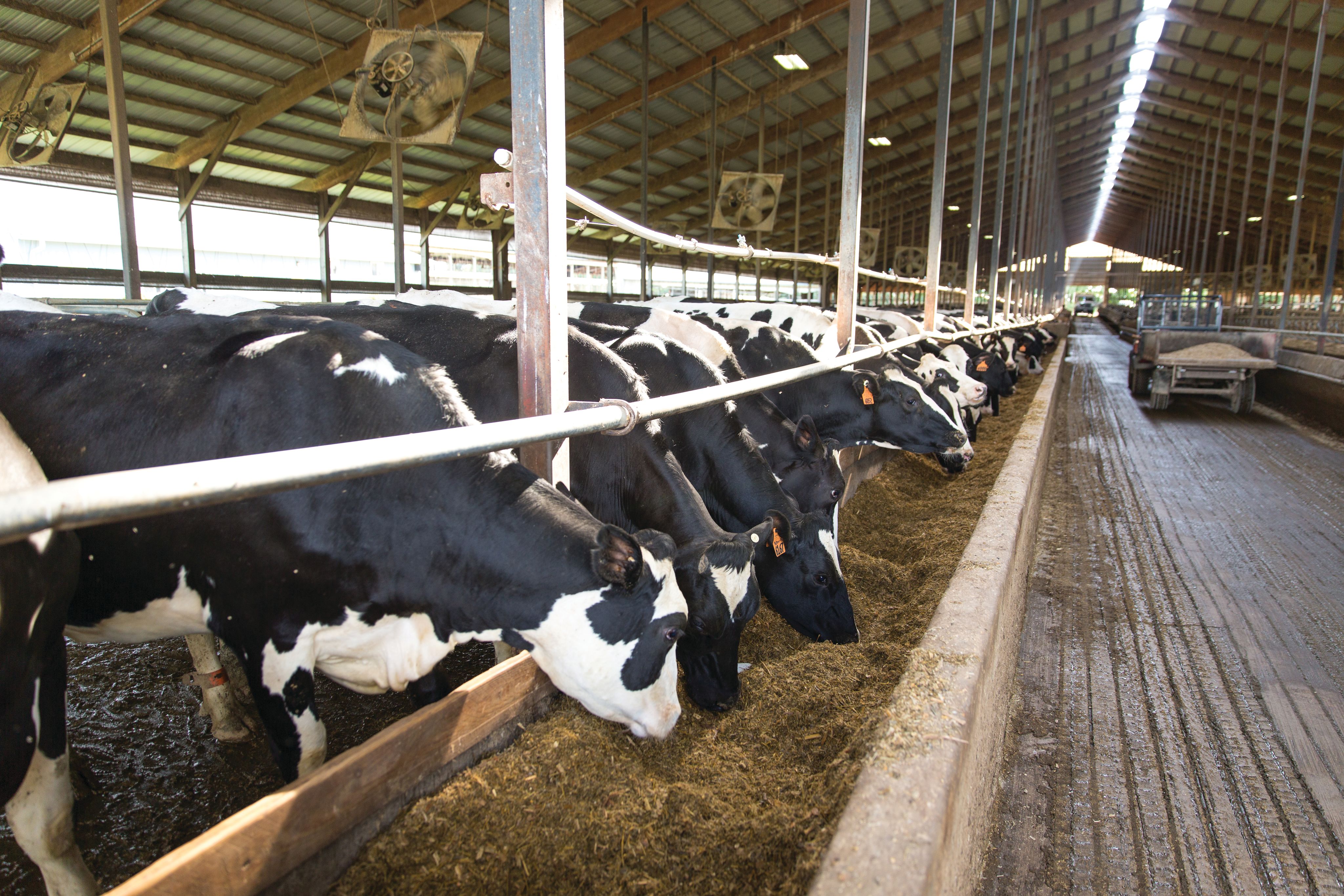Enogen corn for feed could improve sustainability of cattle farming, new research finds

As more farmers pay greater attention to environmental sustainability while ensuring profitability, new research points to the benefits of Syngenta Seeds’ Enogen corn for feed.
A life-cycle assessment of beef cattle fed with Enogen corn found that a statistically significant improvement in feed efficiency translates into estimated reductions in environmental impacts – including lower emissions of greenhouse gases and lower use of land, energy and water.
Key to those savings is a 5 percent greater efficiency in livestock’s ability to covert starch to sugars for the nutrition they need for maturation. That helps improve the efficiency in all phases of the farming and feedlot operations involved in livestock production.
“To your average person, small percentages like 5 percent might not seem significant when feeding cattle,” said Marty Matlock, Executive Director of the University of Arkansas Resiliency Center, which conducted the assessment. “But improving sustainability indicators across a complex system like beef production with tens of millions of cattle starts with understanding where the impacts occur in the life cycle of the product.”
The assessment, based on separate research trials conducted by the University of Nebraska-Lincoln and by Kansas State University, estimated that use of Enogen during the lifecycle of 1,000 head of beef cattle could potentially achieve these environmental benefits:
- Reduction of greenhouse gases equivalent to removing 35 passenger cars from the road for one year.
- Lower land use for growing corn to feed the animals—equivalent to 50 American football fields.
- 6 million fewer gallons of water—enough to fill nine Olympic-size swimming pools.
- Enough energy saved to power 22 average homes for a year.
For farmers, those reduced environmental costs could also mean lower financial outlays and more profitable operations.
“Potential feed efficiency gains of around 5 percent are highly significant for beef and dairy producers when you consider there are nearly 100 million cattle in the U.S. alone,” said Chris Cook, who heads Enogen technology for Syngenta Seeds. “It helps maximize potential in their farm operations while also helping to deliver environmental benefits through reduction of greenhouse gas emissions and improvements in land, energy and water use efficiency.”
Enogen is commercially available in the United States, and Syngenta Seeds is exploring ways to introduce the technology in other countries.

